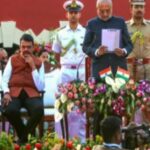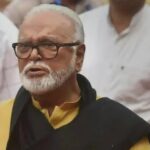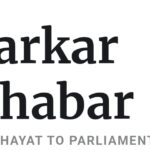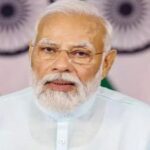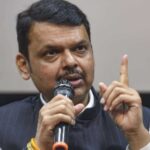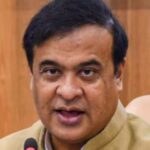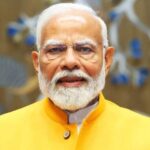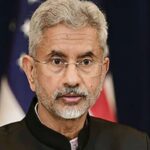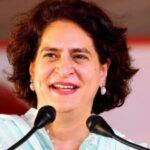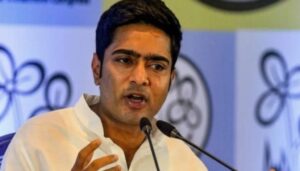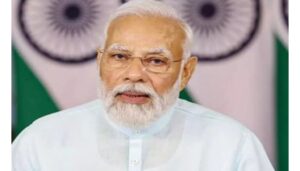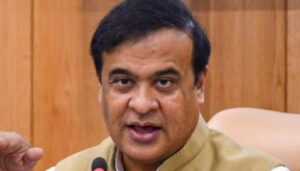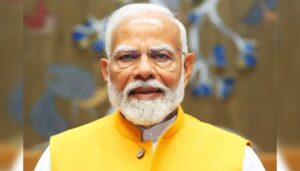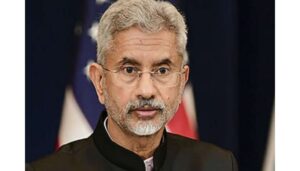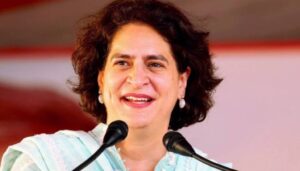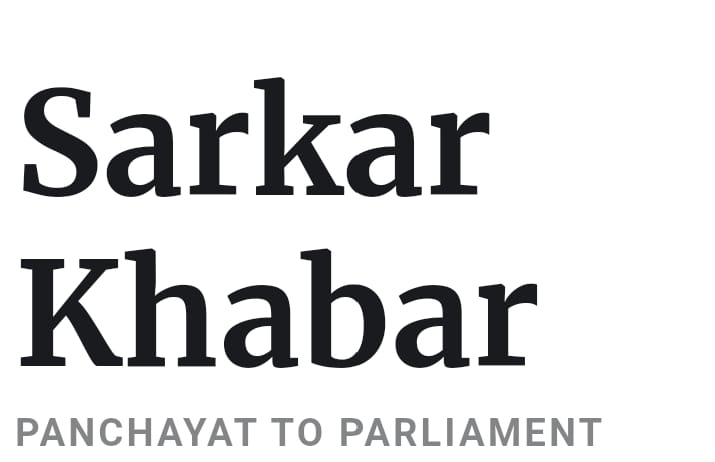
BJP’s “One Nation, One Election” Initiative Faces Challenges as Bills Fall Short of Majority
New Delhi, 17th December 2024: On Tuesday, the Lok Sabha held a division vote to introduce two bills aimed at amending the Constitution to enable simultaneous federal and state elections, as part of the ruling BJP’s “One Nation, One Election” initiative. The bills were introduced with a simple majority, securing 269 votes in favour and 198 against. However, critics argued that this margin indicated insufficient support for the bills, suggesting the government lacks the required backing to pass them.
Congress MP Manickam Tagore pointed out that a two-thirds majority of 307 votes was necessary, but the government only garnered 269 votes, falling short of the support needed. Shashi Tharoor, another Congress leader, emphasized that while the government had a larger number of MPs, it still did not meet the two-thirds threshold required for constitutional amendments.
The introduction of the bills in the Lok Sabha marked the beginning of the process, with the BJP-led National Democratic Alliance (NDA) having 293 MPs, and the opposition Congress-led INDIA alliance holding 234 seats. Even with full strength, the NDA’s support remains insufficient to pass the bills, according to Congress.
The BJP will need additional votes from non-aligned parties, such as the YSR Congress and Akali Dal, both of which have pledged support. However, Prime Minister Narendra Modi’s government still requires at least nine more votes to ensure the passage of the bills.
For now, the bill will likely be referred to a joint committee, which will include members based on party strength in the Lok Sabha, with the BJP holding the majority.
Law Minister Arjun Ram Meghwal introduced the Constitution (129th Amendment) Bill, which was met with strong opposition from various parties, including Congress, Samajwadi Party, Trinamool Congress, and others. Critics argue that the proposal to conduct simultaneous elections undermines the Constitution’s basic structure. Some opponents, like Dharmendra Yadav, have labelled it a step toward authoritarianism, while Mamata Banerjee condemned it as anti-federal and damaging to India’s democratic framework.
On the other hand, BJP allies such as the Telugu Desam Party and the Shiv Sena faction of Maharashtra’s Deputy Chief Minister Eknath Shinde voiced their support, citing their positive experiences with simultaneous elections in their respective states.
In response to criticism, Meghwal defended the proposal, asserting that it is a long-overdue electoral reform and would not harm the Constitution. He emphasized that the goal is to streamline the electoral process and synchronize elections across India.
The proposed changes would align Lok Sabha and state assembly elections, currently held in different cycles, into a single election year. However, this would require constitutional amendments and the agreement of state governments and political parties.
Legal experts have raised concerns that failure to amend the Constitution could lead to challenges regarding the proposal’s impact on India’s federal structure.
